
By Nadithi Jagoda
When we picture Sri Lanka’s coastal fishing industry, images of fishermen hauling in their daily catch often come to mind. But behind every successful fishing operation, there’s an invisible force driving it: women.
From sorting and gutting fish to managing stalls at bustling harbors, women in Sri Lanka’s coastal fishing communities form the backbone of the industry. Yet their contributions often go unnoticed, their struggles remain unaddressed, and their potential stays untapped. It’s time to shine a light on these unsung heroines and explore how empowering them can lead to a more sustainable and equitable future for the island’s fisheries sector.
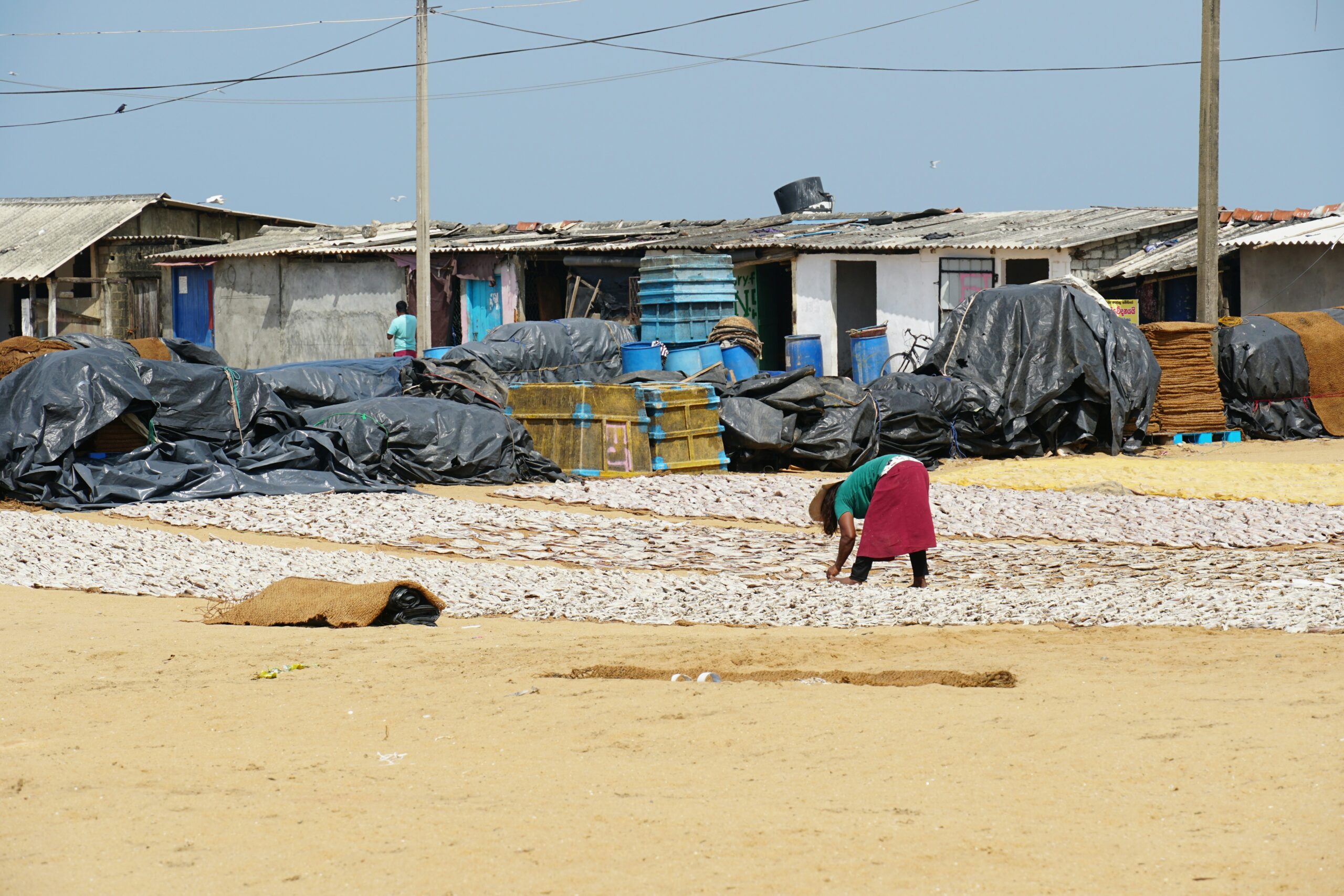
Women at the Heart of Fishing
Women in Sri Lanka’s coastal communities are involved in every stage of the fishing process. Before the harvest, they prepare nets and equipment. After the harvest, they sort, gut, and process the fish, ensuring it’s ready for market. In fishing harbors like Ambalangoda, women run stalls selling fuel, food, and other essentials, earning between USD 4 to 5 in daily profit (FAO, 2020). In Jaffna’s Ponnalai area, women fishers contribute to half of the fisheries work, specializing in catching crustaceans and earning between Rs. 7,800 to Rs. 13,000 monthly (Kumar & Jayaweera, 2019).
Despite their critical role, these women often live below the poverty line. Their economic struggles are compounded by a lack of recognition in official policies and statistical tracking, which limits their access to resources and support networks (Bennett & Dearden, 2014).
Barriers to Empowerment
Cultural norms and socioeconomic barriers further restrict women’s participation in the fisheries sector. Many women face limited mobility due to traditional gender roles, preventing them from engaging in fundamental aspects of fishing. Poor literacy rates and financial constraints also hinder their ability to achieve market success and professional growth (Jayasuriya & Ghosh, 2020).
These challenges are not just personal—they have broader implications for the sustainability of Sri Lanka’s coastal fisheries. When women are excluded from decision-making and resource management, the industry loses out on their invaluable knowledge and skills.
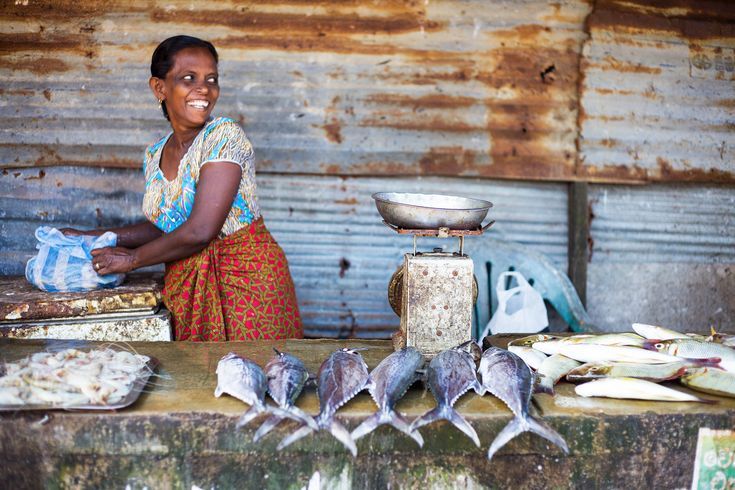
Empowering Women for a Sustainable Future
Recognizing the vital role of women in fisheries, both government and non-governmental organizations have launched initiatives to empower them. The 2016 Draft Marine Fisheries Policy aims to support women in forming cooperatives, improving working conditions, and gaining access to training in sustainable fishing practices (Ministry of Fisheries, 2016). Organizations like Oxfam have also stepped in, offering programs in seafood processing, fisheries management, and sustainable practices to elevate women’s economic standing (Oxfam, 2018).
Women are not just economic contributors—they are also environmental stewards. Their involvement in sustainable practices like seaweed farming and marine conservation highlights their role in preserving marine ecosystems for future generations (Gonzalez & De Silva, 2022). By transmitting traditional fishing knowledge and skills, they ensure the continuity of sustainable practices within their communities (Rao & Jayaraman, 2018).
Towards an Inclusive, Equitable & Sustainable Fisheries Industry
The success of Sri Lanka’s coastal fishing industry depends on the full participation of women. Yet, they continue to face systemic barriers that limit their potential. To create a more inclusive and equitable industry, women’s contributions must be recognized and documented in policies and national development initiatives; targeted support should be provided through training, financial resources and cooperatives; and, the critical role that women play in fisheries and marine conservation should be publicly acknowledged and valued.
Empowering women in Sri Lanka’s coastal fishing communities isn’t just about gender equality—it’s about building a sustainable future for the entire industry. By investing in women, we can create a ripple effect that benefits families, communities, and the environment.
Let’s celebrate the unsung heroines of the sea and work towards a future where their contributions are recognized, valued, and empowered.
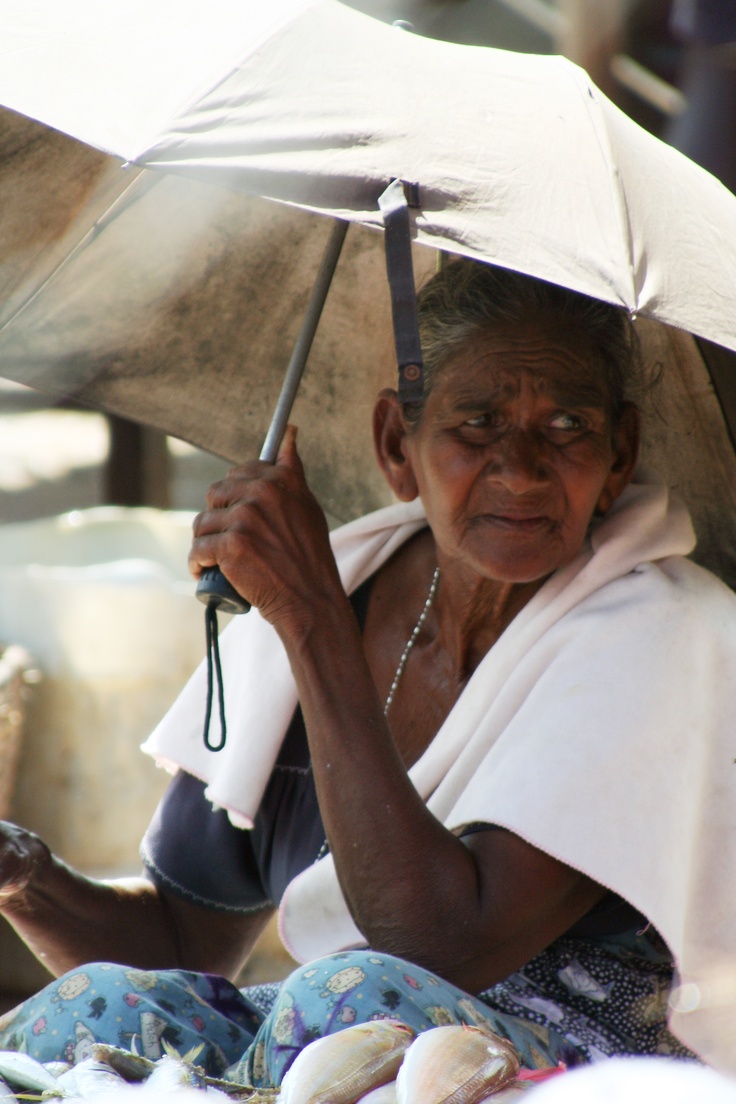
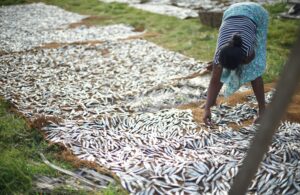
The Unsung Heroines of Sri Lanka’s Coastal Fishing Communities
By Nadithi Jagoda When we picture Sri Lanka’s coastal fishing industry, images of fishermen hauling in their daily catch often come to mind. But behind
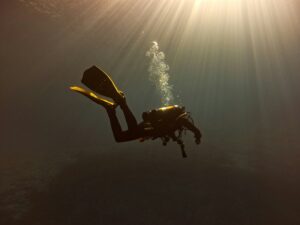
Guardians of Life Below Water: The Role of Divers in Marine Conservation
By Dilini De Silva The first time I went diving was off the coast of southern Sri Lanka. As I descended into the blue, the
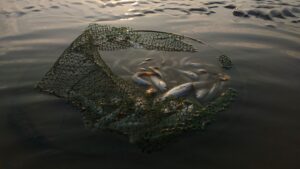
Silent Seas: Unmasking the Hidden Dangers of IUU Fishing in Sri Lankan Waters
By Thisutha Bulathgama Underneath the placid waters of Sri Lanka, a hidden crisis is unfolding—a threat to the livelihoods of coastal communities, marine ecosystem and
